DIY Nose Piercing vs. Professional Piercing: Risks and Considerations
Welcome to our guide on the debate between DIY nose piercing and professional piercing. As the popularity of nose piercings continues to rise, many individuals are faced with the decision of whether to take matters into their own hands or seek the expertise of a professional piercer. In this article, we will explore the risks and considerations associated with both options, shedding light on the importance of making an informed choice. Additionally, we will touch upon the allure of rose gold nose rings, adding a touch of elegance to this intriguing subject.
-
Understanding DIY Nose Piercing and the Piercing by a Professional:
DIY nose piercing refers to the practice of piercing one's own nose without professional assistance. While it may seem tempting due to cost savings or convenience, it is crucial to recognize the potential risks involved. Performing a DIY piercing may result in various complications such as infections, improper placement, excessive bleeding, and scarring. These risks are significantly heightened if proper hygiene practices, sterilization techniques, and knowledge of anatomy are not adhered to.
Professional piercers, on the other hand, are trained and experienced individuals who specialize in body piercings. They possess in-depth knowledge of the human anatomy, sterilization protocols, and proper piercing techniques. Choosing a professional piercer ensures a higher level of safety and minimizes the potential risks associated with the procedure. Moreover, professional piercers can offer personalized advice, recommend suitable jewelry, and provide aftercare guidelines for optimal healing.
-
Risks associated with DIY Nose Piercing in comparison to Professional Piercing:
DIY Nose Piercing
-
Infection: Improperly sterilized tools, unclean hands, or contaminated environments increase the risk of bacterial infections. These can lead to painful abscesses, prolonged healing, and the need for medical intervention.
-
Allergic reactions: Using low-quality or non-hypoallergenic materials may trigger adverse reactions, such as skin irritation, redness, or even allergies to metals like nickel.
-
Nerve damage: Without proper knowledge of nasal anatomy, there is a risk of inadvertently damaging nerves, resulting in loss of sensation or altered facial expressions.
Professional Piercing:
-
Hygiene and Sterilization: Professional piercers follow strict hygiene protocols, utilizing sterilized equipment and disposable needles to minimize the risk of infection.
-
Proper Placement: An experienced piercer will ensure the nose ring is correctly positioned, accounting for individual facial structure and anatomy, avoiding potential complications.
-
Aftercare Guidance: Professional piercers provide detailed aftercare instructions, including cleaning techniques and suitable products, to promote proper healing and minimize complications.
-
Pain Management
Piercing professionals are trained in techniques to minimize pain and discomfort during the procedure. They may use numbing agents or provide guidance on pain management before and after the piercing while DIY piercers may not have access to numbing agents or the knowledge to effectively manage pain. This can result in increased discomfort during the piercing process.
-
Knowledge and Experience:
DIY nose piercing requires a thorough understanding of the anatomy of the nose and the correct placement of the piercing. Professional piercers undergo extensive training and possess the necessary knowledge to ensure precise and safe piercings. Their experience allows them to navigate potential complications and provide appropriate solutions.
-
Equipment and Sterilization:
Professional piercers have access to specialized equipment designed specifically for piercing, such as sterile needles and jewelry. These tools undergo strict sterilization processes to minimize the risk of infection. In contrast, DIY piercings often involve makeshift tools that may not be adequately sterilized, increasing the chances of contamination.
-
Local Regulations and Licensing:
Many regions have specific regulations governing body piercings. Professional piercers are aware of these regulations and operate within the legal framework. They also maintain licenses and certifications, ensuring compliance with safety standards. DIY piercings may unknowingly violate these regulations, exposing individuals to legal and health risks.
-
Aftercare and Follow-up:
Proper aftercare is vital for the healing process of a nose piercing. Professional piercers provide detailed instructions on how to clean and care for the piercing, offering guidance throughout the healing period. They may also schedule follow-up appointments to monitor the progress and address any concerns. DIY piercings lack this ongoing support, increasing the likelihood of complications or inadequate healing.
-
Long-Term Consequences:
Nose piercings can have long-term effects on the surrounding tissue and cartilage. Professional piercers take precautions to minimize the risk of scarring, migration, or rejection of the jewelry. They consider factors such as the type of jewelry, placement, and individual anatomy to reduce these potential issues. DIY piercings may lack the precision needed, increasing the chances of adverse long-term effects.
-
Emotional and Psychological Factors:
Getting a nose piercing can be an emotional and personal decision. Professional piercers often create a comfortable and supportive environment, allowing individuals to discuss their concerns and preferences. They can provide reassurance and address any fears or anxieties related to the piercing process. DIY piercings may lack this emotional support, leading to additional stress or uncertainty.
-
Individual Considerations:
Each individual's circumstances and health factors can impact the suitability of a nose piercing. Professional piercers are trained to assess these considerations, such as allergies, skin sensitivities, or pre-existing medical conditions. They can provide personalized recommendations and make adjustments to ensure a safe and successful piercing. DIY piercings may overlook these individual factors, increasing the risk of complications.
Conclusion:
When considering a nose piercing, it is essential to weigh the risks and considerations associated with DIY piercing versus seeking professional assistance. While DIY piercing may seem appealing, it carries significant risks that can lead to complications and unsatisfactory results. Opting for a professional piercer ensures a higher level of safety, expertise, and aftercare support, increasing the likelihood of a successful and well-healed nose piercing. And for those desiring a touch of sophistication, a rose gold nose ring can be the perfect choice to accentuate your style while embracing this timeless trend.
Remember, the decision between DIY and professional piercing should always prioritize your health, safety, and desired outcome. Consult with a reputable piercer to discuss your options and embark on your nose piercing journey with confidence.
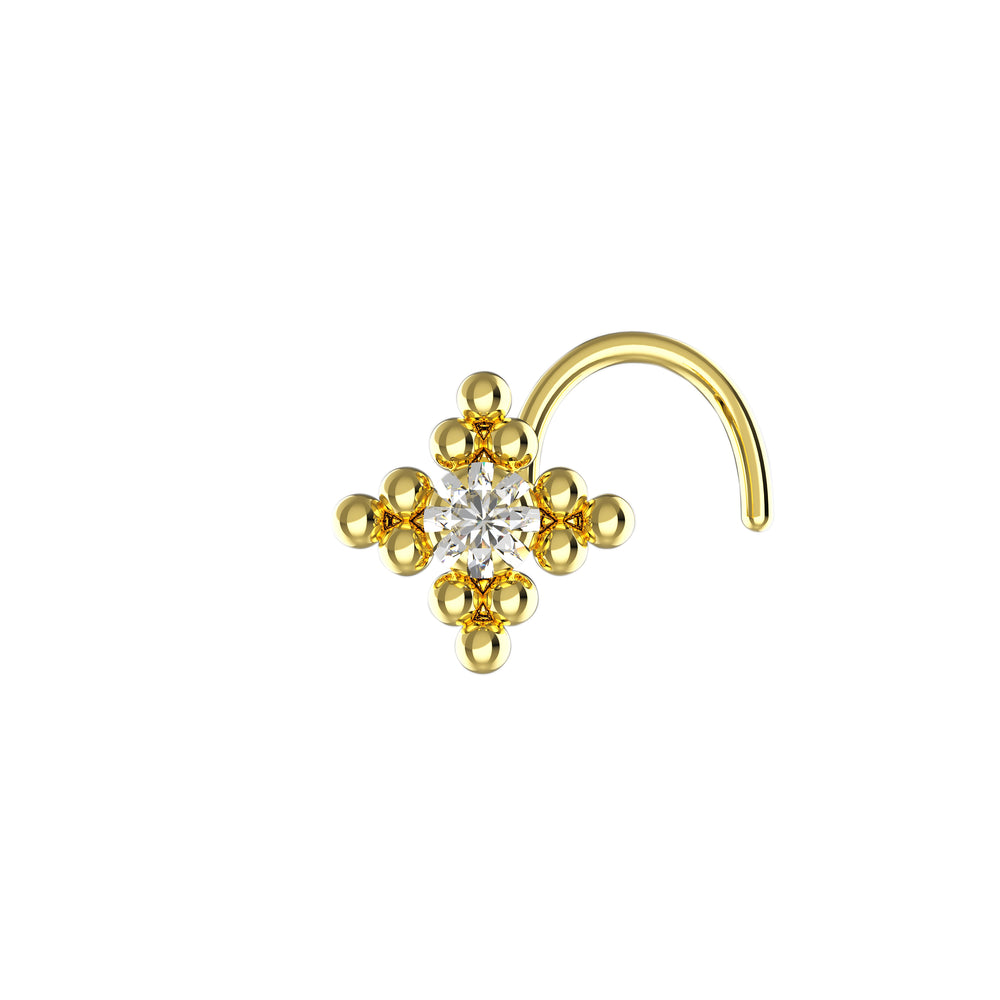
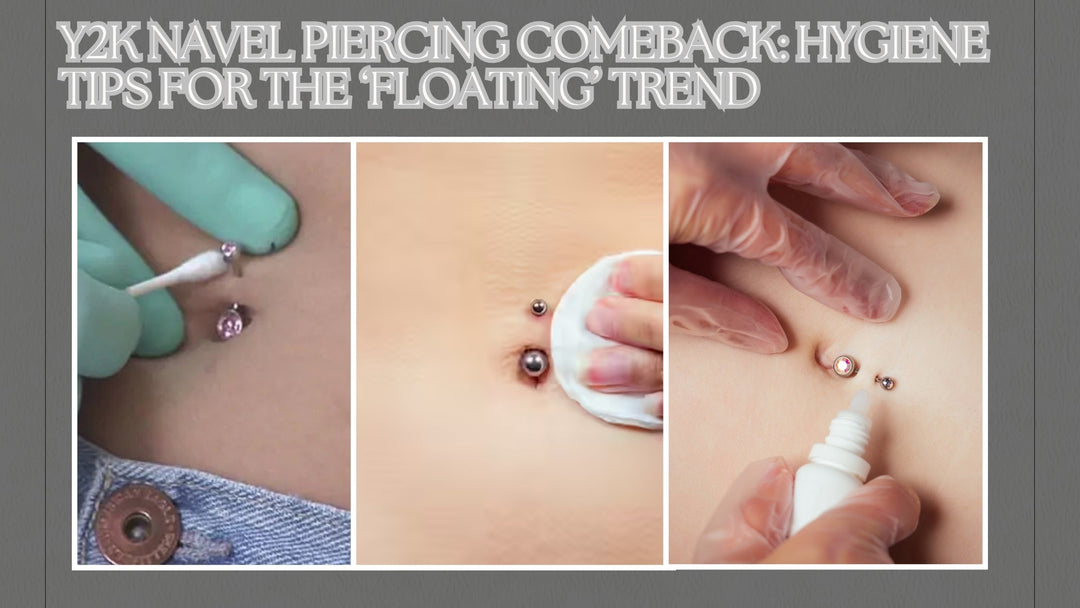


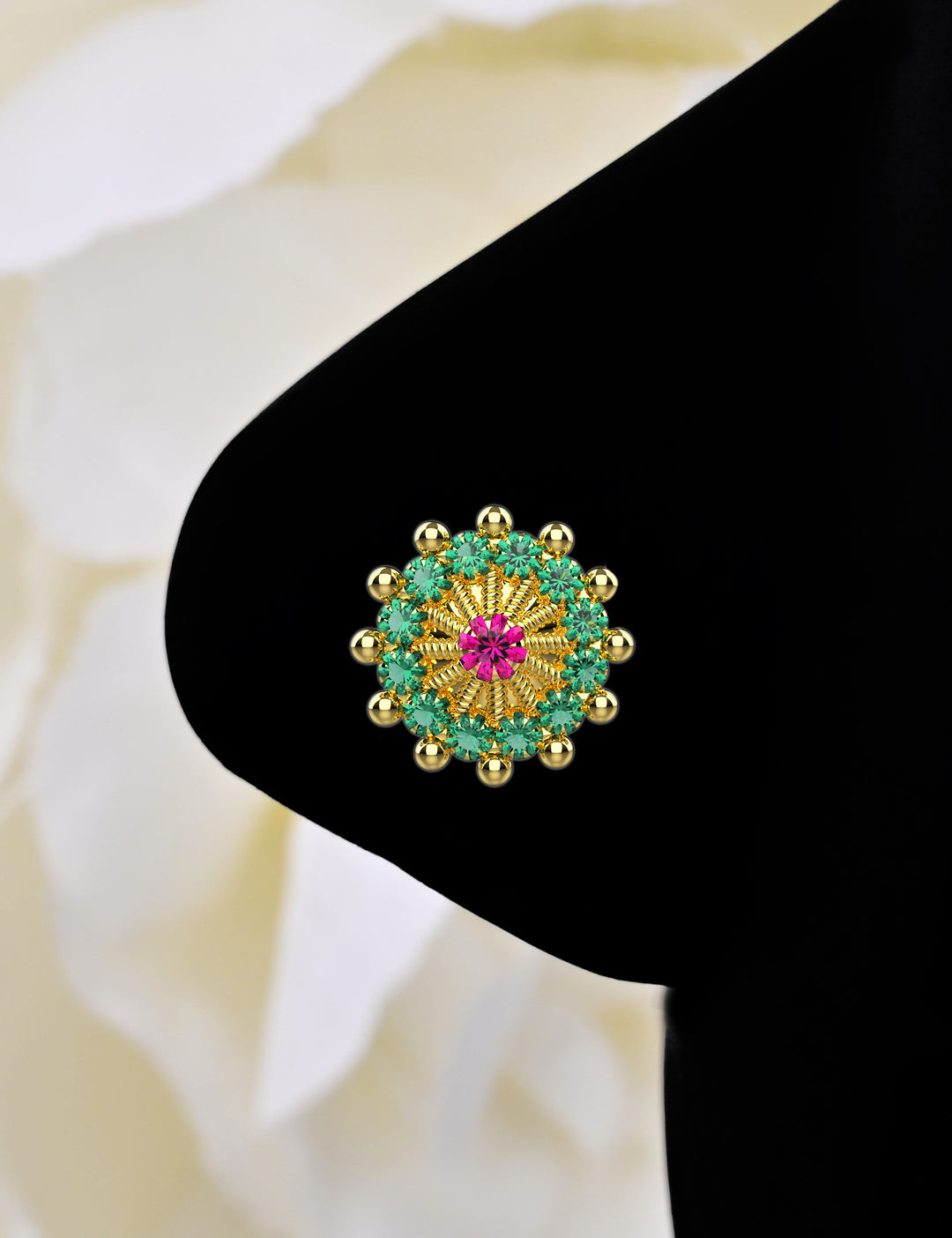
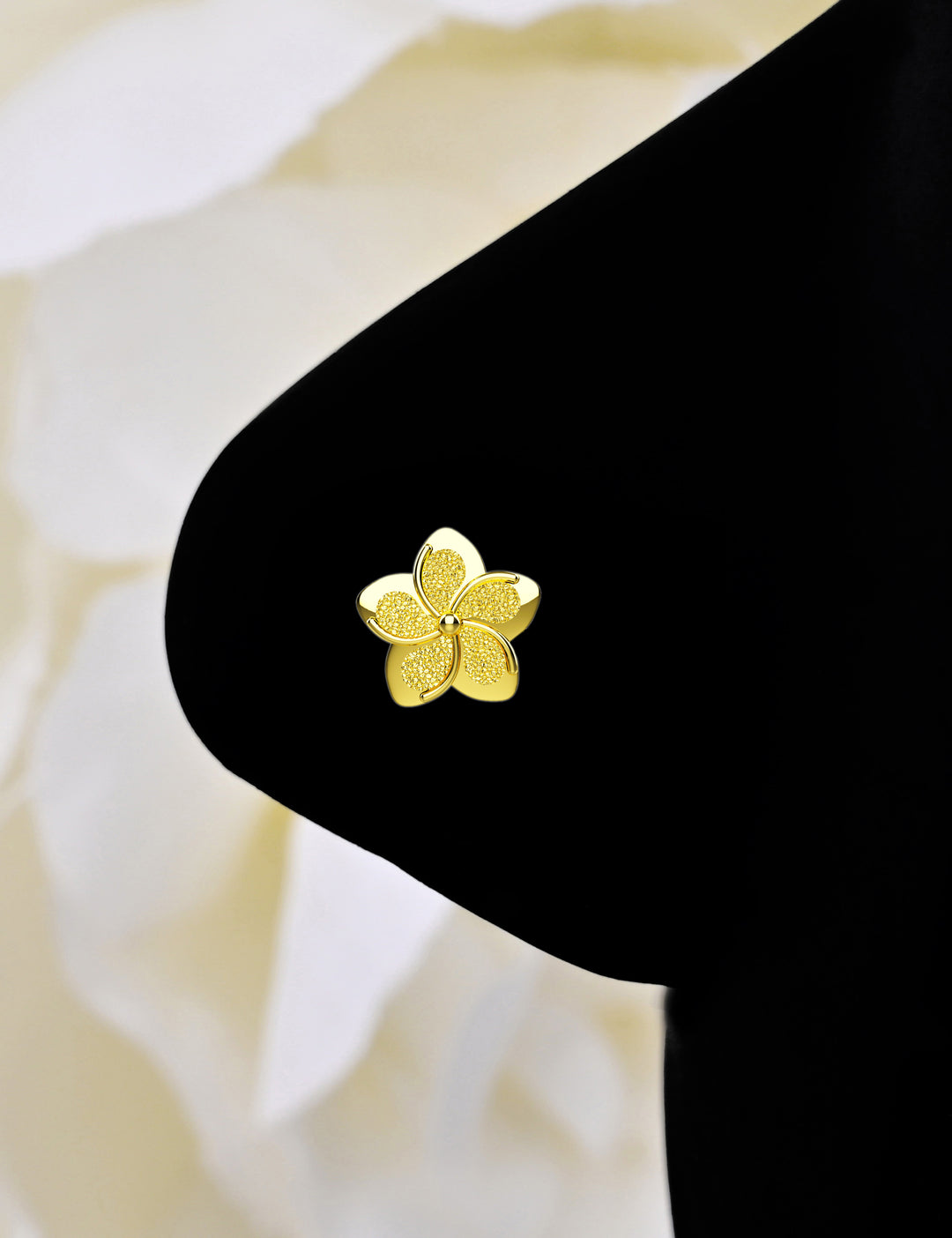
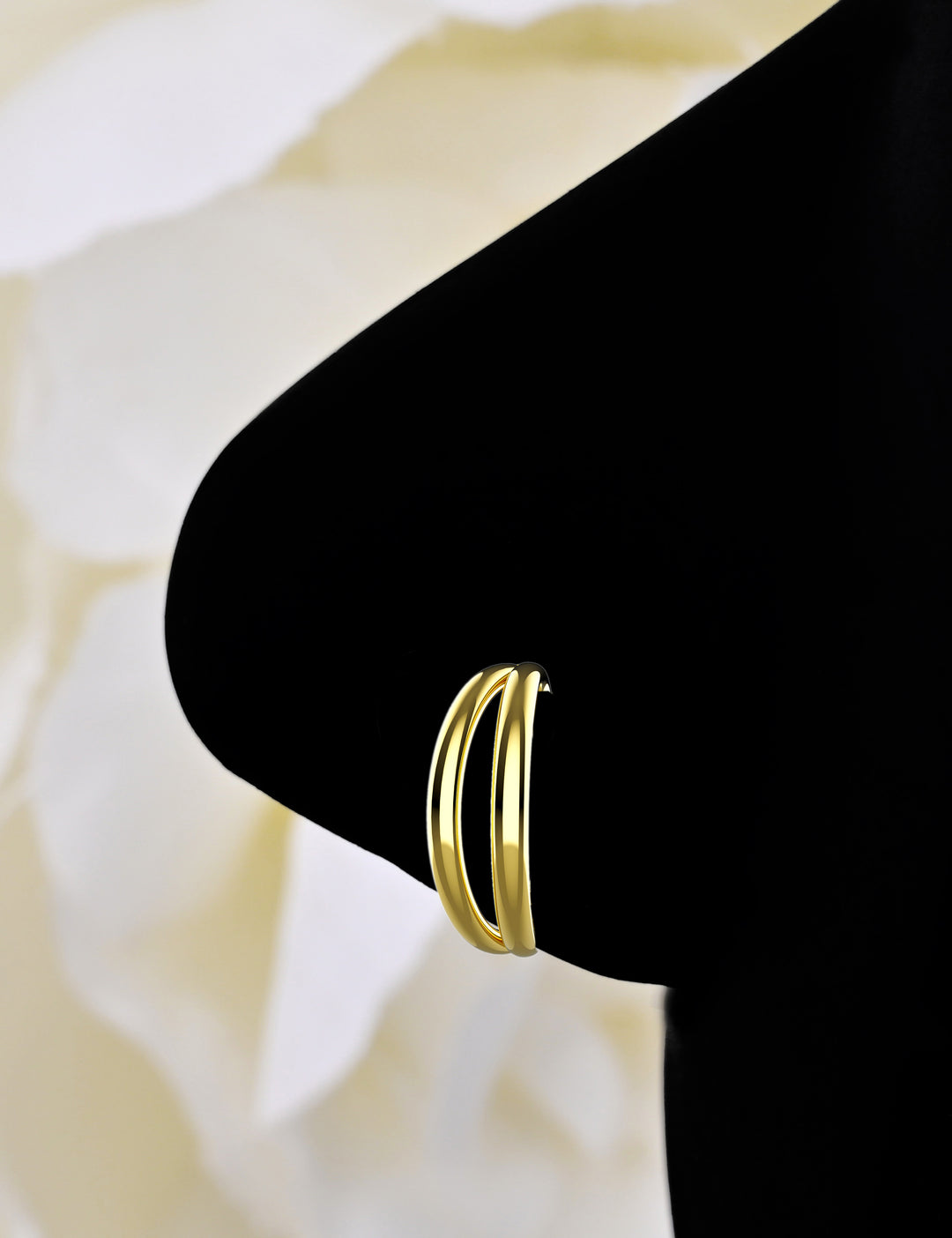
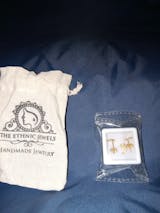
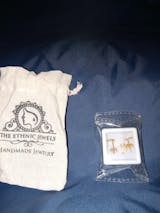
Leave a comment